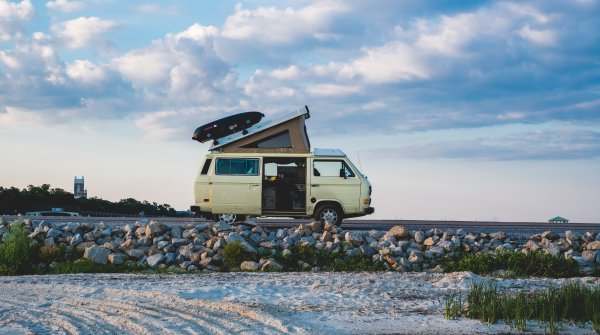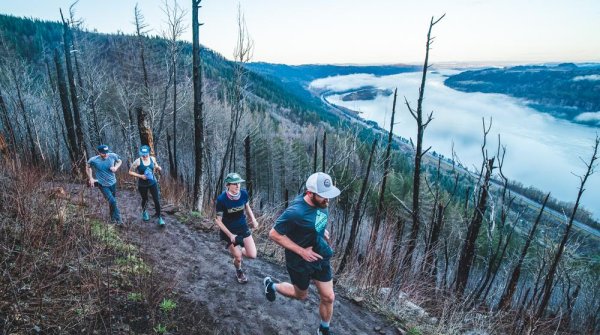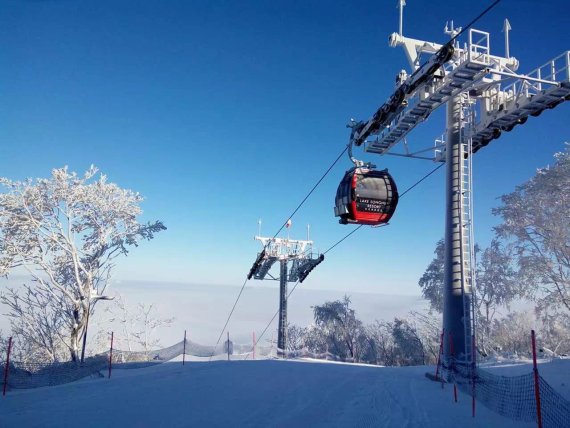
Alpitec China, as in previous years, was held under one roof with ISPO BEIJING in China’s capital and exhibited the latest winter sports and mountaineering technologies to the Asian markets. The show is a shoot-off of the Prowinter/Alpitec show which is held in South Tyrol from April 6-8 and also organized by Fiera Bolzano.
Olympics 2022: A wealth of opportunity and even more work ahead
Both the shows and the conference were marked by the outlook to the Winter Olympics to be hosted by Beijing in 2022. At the conference, ISPO.com spoke to Thomas Mur, managing director of Fiera Bolzano about what is on the agenda for the investment goods industry.
ISPO.com: Mister Mur, is it really safe to say that the Winter Olympics in 2022 to be hosted by China will boost the local snow sports facilities? Or is that wishful thinking?
Thomas Mur: No, this is certainly not just wishful thinking. The first steps have been taken to develop state-of-the-art ski resorts in the north of China. Even before Beijing pocketed the ticket for the Games, it was already obvious that the government had become increasingly serious about such projects. The organizers of the Games are very much aware of the fact that such a huge event cannot be successful without the appropriate professional infrastructure. On the other hand, we should be realistic: The ticket for the Olympic Games does not lead automatically to state-of-the-art snow sports resorts. Progress will occur one step at a time, but equally the project well underway.
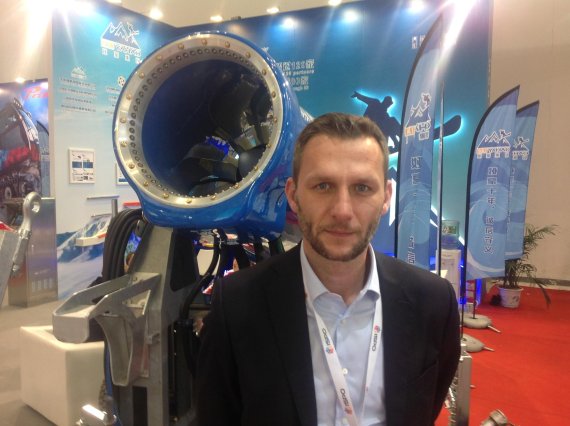
What progress has China made so far?
Take this winter as an example. It marked the first season for the brand new modern ski resort in Jilin. That was a major investment which seems to be paying off as far as we can see after just one season. It is quite a good sign that Vanke, the country’s largest real-estate developer, is very much committed to winter tourism. We expect a major boost for our industry from such important players.
In what way does China's economy play a role for the winter sports?
It may sound ironic, but snow sports will, at least indirectly, benefit from the current Chinese real-estate crisis. Usual investors are counting less on conventional projects such as apartment buildings in big cities, because they have become somewhat risky. Instead, investors and developers are now focusing on more specific, high-value projects such as, ski resorts, for example, hotels and all the related infrastructure. These are all positive signs for us and the industry we serve through our Alpitec China trade show. One thing should be stressed, however: The commitment of the government to such investments remains critical – including the preparations for the Olympic Games. The situation has remained unchanged in the sense that the state should be involved, for instance as a minority shareholder.
Which contributions can the industry expect from a show like Alpitec in regard to the development of ski resorts in China?
Our exhibitors in Beijing naturally show their latest technologies and innovations as they are doing now at the Alpitec show in Bolzano. It is interesting to see, however, that there is big demand in China for rather small scale cable car solutions and related products. The demand basically derives from the fact that good skiing skills are not yet as widespread in China as they are in Europe or in North America. For the time being, it is important that infrastructures be created which are fit for attracting the general public to snow sports activities. On many levels, things have to be developed from scratch, and our show presents a good range of services, notably in the sectors of planning and consulting which was very appealing to business experts and investors in Beijing.
Comprehensive material about winter sports and tourism
Organizers of the show in Beijing emphasized that the total exhibiting space had to be expanded by 40 percent compared with the previous year. As reported, Alpitec China for the first time ever, shared extensive data on Asia’s winter tourism and related industries. The figures were given at the Asia Pacific Snow Conference (APSC) during ISPO BEIJING and Alpitec China.
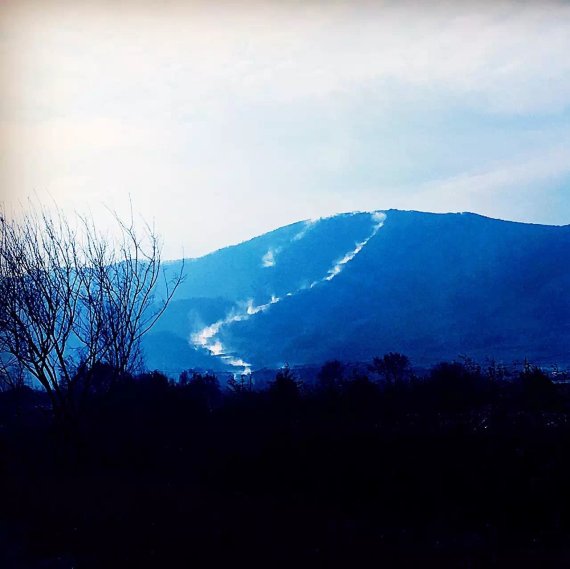
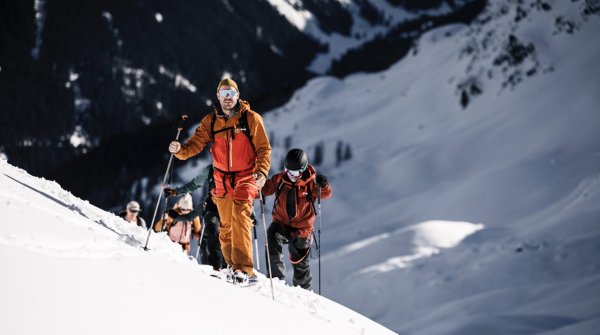 Sports BusinessBetween powder and principles: Ski tours with added value
Sports BusinessBetween powder and principles: Ski tours with added value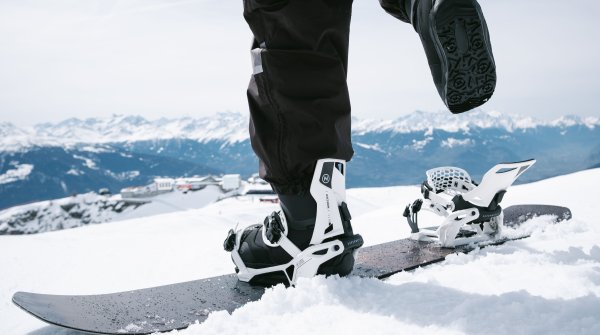 SportsTechStatus quo: Snowboard step-in bindings
SportsTechStatus quo: Snowboard step-in bindings



